In a significant move, the UK’s Financial Conduct Authority (FCA) has blacklisted over 140 cryptocurrency exchanges, including major players such as Kucoin and Huobi. This decision serves as a stern warning to consumers, highlighting that these exchanges do not possess the necessary regulatory approvals and might not provide adequate protection for assets.
Why Were These Exchanges Blacklisted?
Several reasons underpin the FCA’s decision to blacklist these exchanges:
- Lack of FCA Registration: These exchanges have been operating unlawfully in the UK, as they are not registered with the FCA, thereby violating regulatory norms.
- AML and CTF Compliance: The blacklisted exchanges have not met the FCA’s standards concerning anti-money laundering (AML) and counter-terrorist financing (CTF) protocols.
- Consumer Protection Concerns: These exchanges have not provided adequate safeguards for consumer protection, leading to concerns about the security of users’ assets.
Impact on the Cryptocurrency Industry
The FCA’s decision to blacklist these exchanges marks a significant setback for the UK’s cryptocurrency sector. This move aligns with the increasing global trend of enhanced regulatory oversight on the crypto industry. The implications of this decision are manifold:
- UK consumers might face challenges in their cryptocurrency transactions.
- Crypto businesses based in the UK might encounter operational challenges.
- The reputation of the cryptocurrency industry within the UK could be at risk.
Notably, exchanges like Bybit and Paypal have already chosen to halt their operations in the UK.
Impact on Consumers
In the UK, cryptocurrency firms are required to register with the FCA to operate. Those failing to do so might face potential criminal charges. The FCA’s warning list serves as a cautionary note to consumers, advising them against engaging with these blacklisted firms. Since 2020, the FCA has received 291 registration applications but has approved only 38. Currently, the FCA’s approved list includes 42 entities.
Options for Blacklisted Exchanges
In July, an FCA spokesperson emphasized their commitment to taking stringent actions against entities unlawfully promoting cryptocurrencies in the UK. Now, cryptocurrency exchanges have the chance to liaise with the FCA and other regulatory bodies to address these concerns. They can also proactively work towards enhancing their compliance standards and improving consumer protection measures.
Conclusion
The FCA’s decision to blacklist over 140 crypto exchanges is a significant development in the UK’s cryptocurrency landscape. However, operating within a regulated framework is essential for the crypto sector. In response, the cryptocurrency industry should actively collaborate with regulators, enhance compliance standards, and educate consumers about the potential rewards and risks associated with cryptocurrency investments. It’s crucial to understand that blacklisting does not mean the cessation of exchange operations; instead, these exchanges must register with the UK FCA to operate legally.
